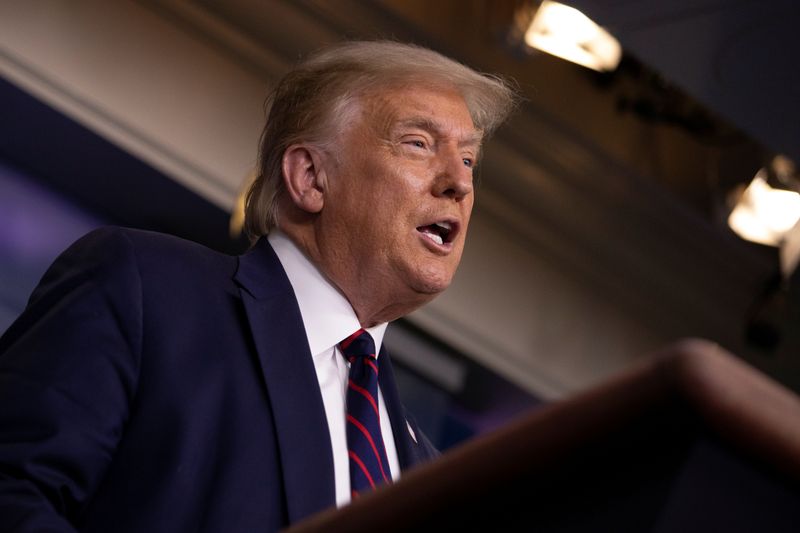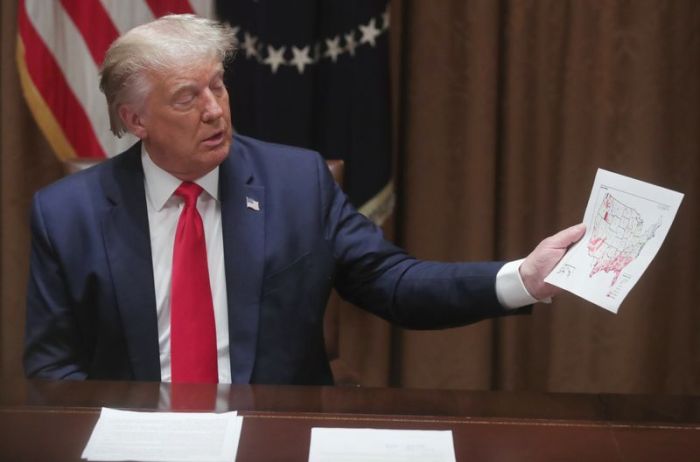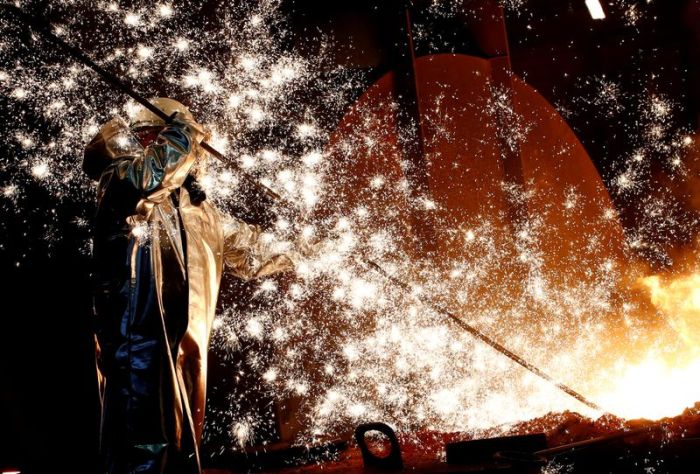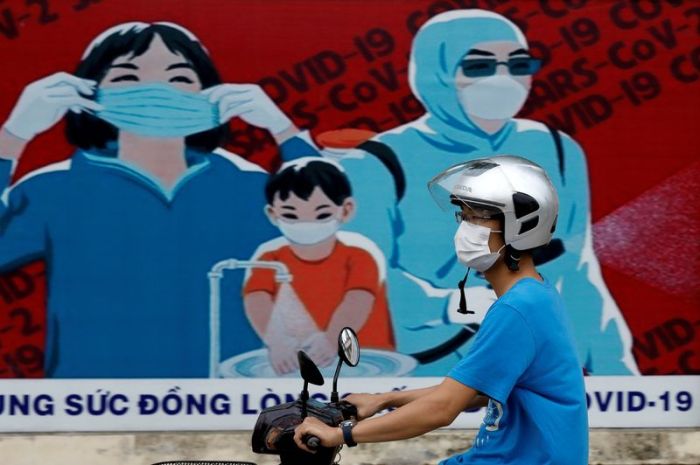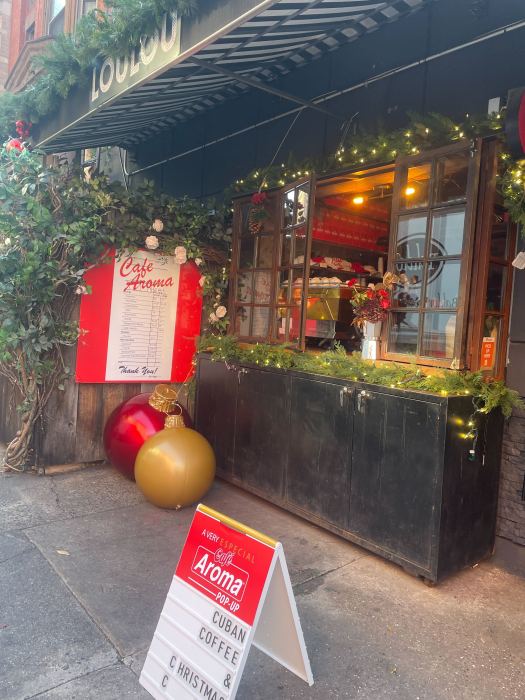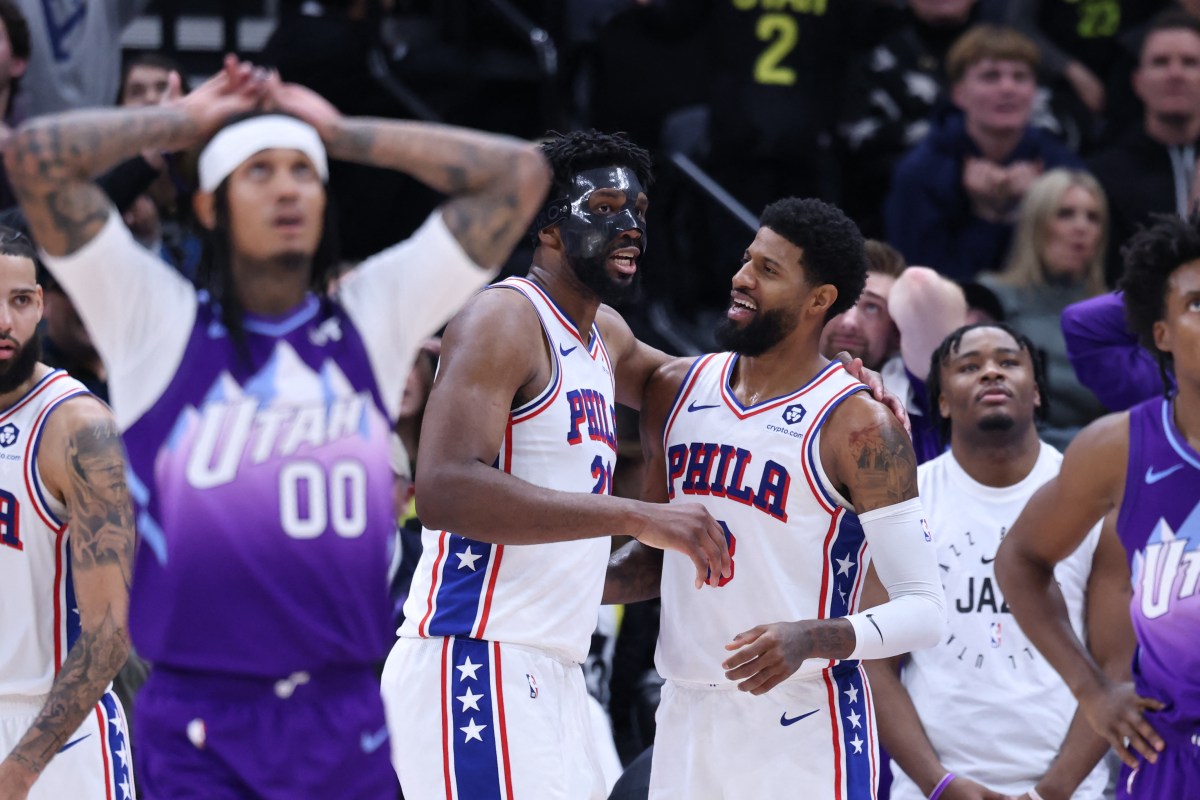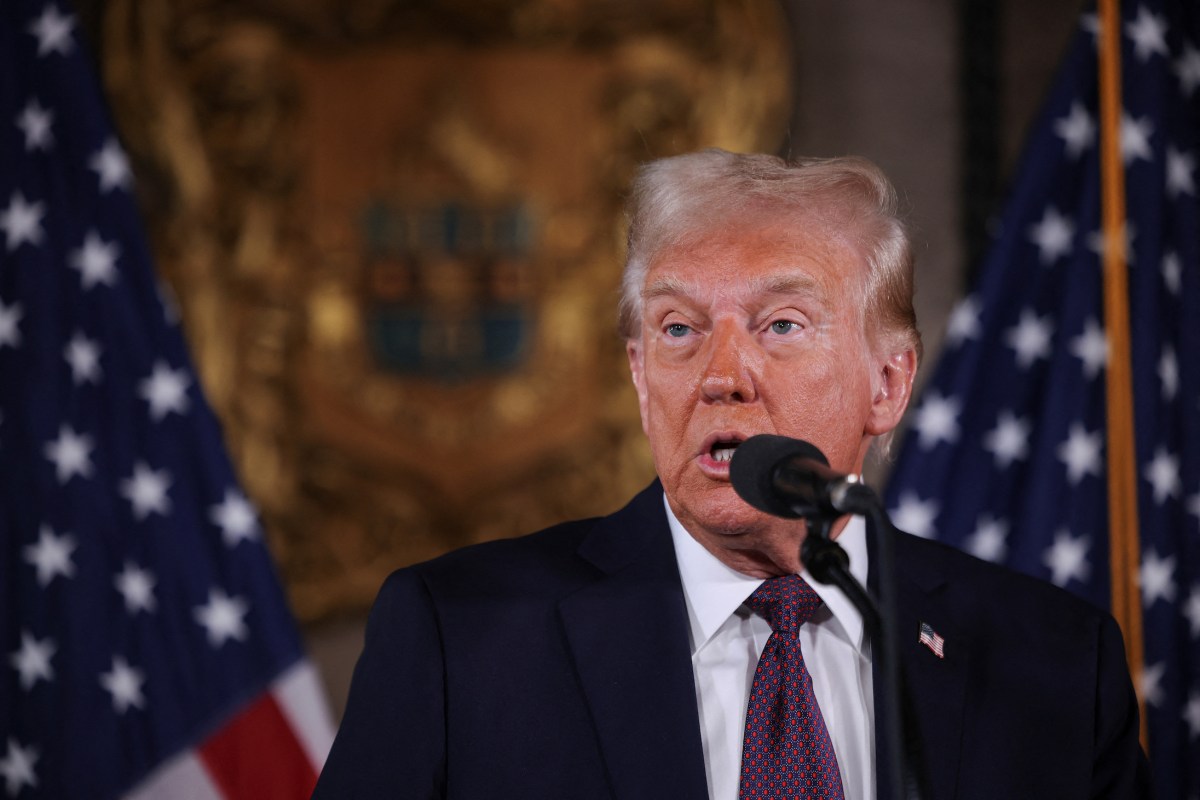(Reuters) – Manhattan’s district attorney on Monday suggested a grand jury subpoena for U.S. President Donald Trump’s tax returns was part of an investigation of “possibly extensive and protracted criminal conduct at the Trump Organization,” including alleged insurance and bank fraud.
Manhattan District Attorney Cyrus Vance raised the scope of the probe in court papers filed in federal court in Manhattan on Monday. He is seeking to dismiss Trump’s latest challenge to the subpoena for eight years of personal and corporate tax records.
Asked about the investigation at a coronavirus press briefing on Monday, Trump repeated that he believed he is the victim of a political “witch hunt,” which he said was “Democrats’ stuff” and started “even before I got in” to office.
“There is nothing that I know even about it,” he added.
Trump is scheduled to respond to Vance’s motion to dismiss by Aug. 10.
In a court filing last week, Trump’s lawyers argued the subpoena was “wildly overbroad” and issued in “bad faith.”
Vance noted in the court papers that when the subpoena was issued last August, there were “public allegations of possible criminal activity” at the Trump Organization dating back a decade. He said public reports show a basis for each category and timeframe of documents sought from Trump’s accounting firm, Mazars USA.
Trump’s argument that the subpoena is overbroad “rests on the false premise that the grand jury’s investigation is limited to so-called ‘hush-money’ payments made by Michael Cohen” on Trump’s behalf in 2016, Vance said.
Cohen pleaded guilty in 2018 to campaign violations tied to the payments to pornographic film actress Stormy Daniels and former model Karen McDougal, who claimed they had affairs with Trump, which he denies.
In a footnote to Monday’s filing, Vance cited media reports on Trump’s alleged role in the hush-money scheme and on the “unorthodox strategies” he used to expand his real estate empire.
He also cited reports of questionable financial statements by Trump, such as when he claimed 55 zoned lots ready for sale at his golf course in Southern California when there were only 31; a 2,000 acre Virginia vineyard that is really only 1,200 acres, and 68 stories at his Trump Tower, 10 higher than the Manhattan property.
Cohen testified to Congress last year that Trump inflated his assets when it served his purposes, and deflated them to reduce his real estate taxes. He called his former boss a “con man” and “cheat.”
Trump has tweeted that Cohen is a “rat” who was lying to reduce his prison time.
The dispute over Trump’s taxes already was subject to a ruling from the U.S. Supreme Court last month that the president was not immune from state criminal probes.
Vance urged the court to dismiss Trump’s latest challenge to the subpoena “without delay,” arguing the complaint “merely regurgitates allegations and arguments this court has rejected before.”
Vance brought in a high-profile lawyer to assist with the case: Former acting solicitor general Walter Dellinger, onetime head of the Department of Justice’s Office of Legal Counsel.
Last month, the DA’s office warned U.S. District Court Judge Victor Marrero against allowing statutes of limitations to expire on the alleged crimes.
A spokesman for Vance declined comment on the court papers. Grand jury deliberations are secret, and the public may not learn what the subpoena uncovers until after the election.
(Reporting by Karen Freifeld; Additional reporting by Jeff Mason; Editing by David Gregorio, Nick Zieminski and Richard Pullin)

